Home>diy>Building & Construction>What To Ask To A Contractor When Building A House
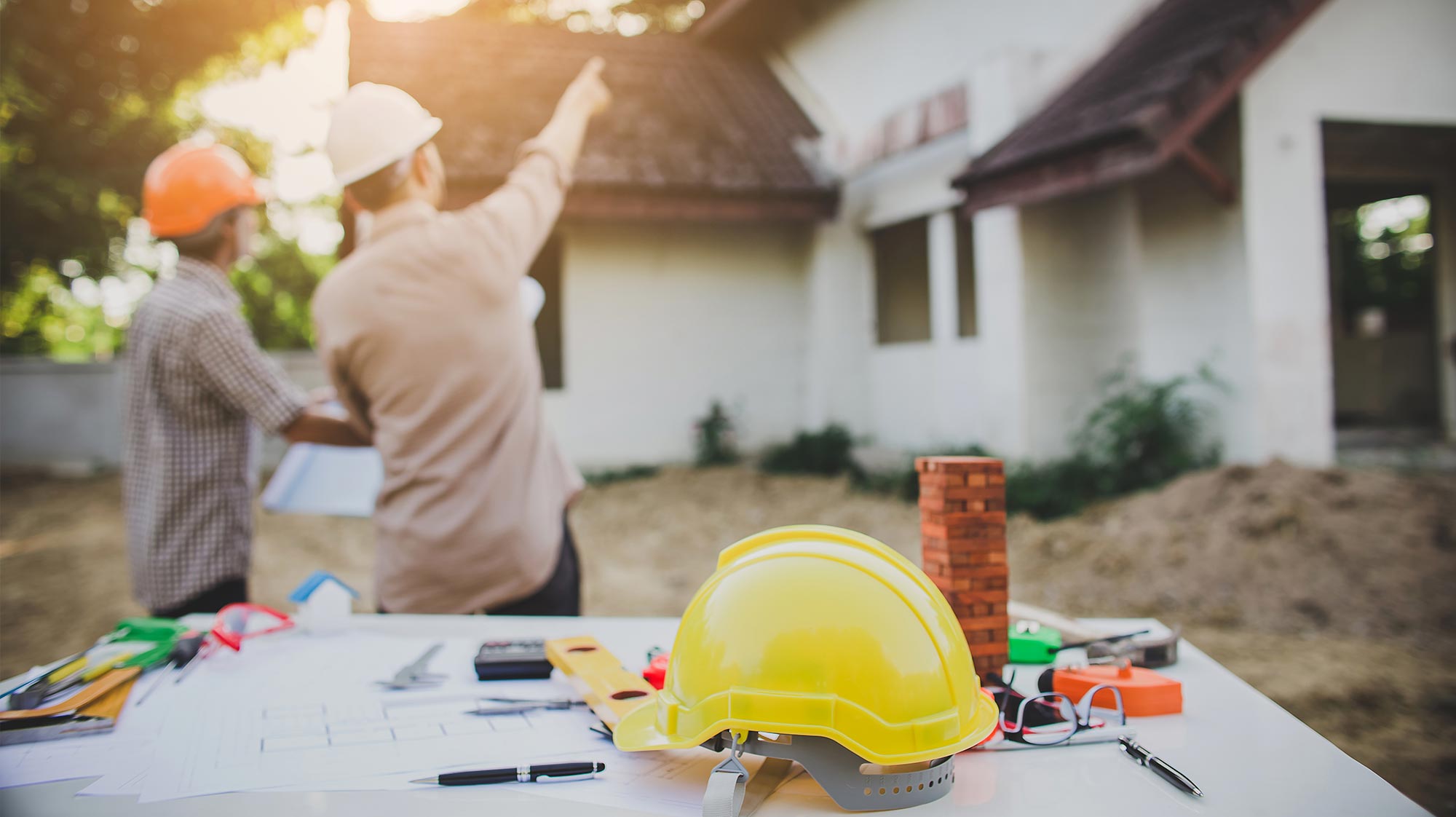

Building & Construction
What To Ask To A Contractor When Building A House
Modified: January 24, 2024
Looking to build your dream house? Learn the essential questions to ask a contractor during the construction process. Ensure a successful building construction with our expert advice.
(Many of the links in this article redirect to a specific reviewed product. Your purchase of these products through affiliate links helps to generate commission for Storables.com, at no extra cost. Learn more)
Introduction
Building a house is an exciting and important endeavor that requires careful planning and execution. Whether you are constructing your dream home or embarking on a renovation project, hiring a reliable and experienced contractor is crucial to ensure the success of your build. But how do you find the right contractor? What questions should you ask to ensure they are the right fit for your project?
In this article, we will explore the vital questions you should ask when hiring a contractor for your construction project. From their experience and qualifications to their licensing and insurance, we will cover all the essential aspects to consider. By asking these questions, you can make an informed decision and have peace of mind knowing that your construction project is in safe hands.
So let’s dive in and discover the questions you should ask when hiring a contractor for your house construction!
Key Takeaways:
- Ask the right questions when hiring a contractor for your house construction. From experience and qualifications to legal matters and warranties, thorough inquiries ensure a successful and stress-free project.
- Clear communication, comprehensive contracts, and thorough vetting lead to finding the perfect contractor for your dream home. Don’t hesitate to ask the tough questions and embark on your construction journey with confidence.
General Questions
When starting the process of hiring a contractor for your house construction, it’s important to begin with some general questions to get a sense of their background and expertise. These questions can help you gauge their experience, knowledge, and approach to their work:
- How long have you been in the construction industry? The contractor’s experience is a key factor in determining their expertise. Look for someone with several years of experience in the specific type of construction you require.
- What types of construction projects have you worked on? Understanding the contractor’s experience in various projects will give you an idea of their versatility and whether they have worked on projects similar to yours.
- Can you provide examples of projects you have completed? A portfolio or examples of previous work will give you a visual representation of the contractor’s capabilities. Ask for completed projects that are similar in scope to your own.
- What sets you apart from other contractors in the field? This question can help you understand the contractor’s unique selling points, such as specialized skills, innovative techniques, or a commitment to exceptional customer service.
- Do you have any certifications or specialized training? Certifications and specialized training can demonstrate that the contractor has received formal education or additional qualifications in their field of expertise.
- What is your construction philosophy or approach? Understanding the contractor’s approach to construction can help you assess whether their values align with your own. Look for a contractor who prioritizes quality, communication, and collaboration.
These general questions will provide valuable insights into the contractor’s experience, expertise, and approach to construction projects. Use this information to narrow down your options and proceed to more specific questions related to licensing, insurance, project timelines, and more. Remember to record the contractor’s answers and take notes during the interview process.
Experience and Qualifications
When hiring a contractor for your house construction, it’s crucial to assess their experience and qualifications. This will help you determine their competence and ability to handle your project effectively. Here are some key questions to ask:
- How many similar projects have you completed? It’s essential to gauge the contractor’s experience in handling projects similar to yours. A contractor with relevant experience will be familiar with the specific challenges and requirements of your project.
- Can you provide references from past clients? Requesting references is a great way to gain insights into a contractor’s reputation and workmanship. Contact previous clients and ask about their experience working with the contractor, the quality of work, and adherence to project timelines.
- What is your team’s expertise? Inquire about the qualifications and experience of the contractor’s team members. A skilled and knowledgeable team can ensure efficient and quality workmanship throughout the project.
- Have you worked with subcontractors before? Many construction projects involve subcontractors for specialized tasks. It’s important to know if the contractor has existing relationships with reliable subcontractors to handle specific aspects of your project.
- What permits and approvals will be required? A reputable contractor should be well-versed in the local building codes and regulations. They should have experience obtaining permits and approvals for similar projects and be able to guide you through the process.
By asking these questions, you can ascertain if the contractor has the necessary experience and qualifications to take on your project. Their past projects, references, and knowledge of local regulations will provide valuable insights into their capabilities and expertise.
Licensing and Insurance
When hiring a contractor for your house construction, it is crucial to ensure they are properly licensed and adequately insured. This protects both you and the contractor in the event of accidents, damages, or any unforeseen circumstances. Here are some important questions to ask regarding licensing and insurance:
- Are you licensed to work in this area? It is essential to hire a contractor who is licensed to work in your jurisdiction. Licensing requirements ensure that the contractor has met the necessary qualifications and standards set by local authorities.
- Can you provide proof of your license? Always ask to see a copy of the contractor’s license. This will allow you to verify its validity and ensure that it is current.
- Do you have liability insurance? Liability insurance protects you and the contractor in the event of accidents or damages that occur during the construction project. Ask for proof of insurance and verify coverage limits.
- Do you have workers’ compensation insurance? Workers’ compensation insurance is crucial to protect you from liability if a worker is injured while working on your project. Confirm that the contractor has this coverage in place.
- Are your subcontractors insured? If the contractor plans to involve subcontractors in the construction project, ensure that they carry appropriate insurance coverage. This will protect you from liability in case of any accidents or damages caused by subcontractors.
It is important to note that licensing and insurance requirements may vary based on your location. Research local regulations to understand the specific requirements applicable in your area. Asking these questions about licensing and insurance will provide you with peace of mind and protect your interests throughout the construction process.
Project Timeline and Schedule
Establishing a clear project timeline and schedule is crucial when hiring a contractor for your house construction. Asking specific questions about the timeline and schedule will help you manage your expectations and ensure that the project progresses smoothly. Here are some important questions to ask:
- What is the estimated timeline for completing the project? Ask the contractor for an estimated timeline from start to finish. This will help you plan and manage your schedule accordingly.
- Will you provide a detailed project schedule? Request a detailed project schedule that outlines the major milestones and activities involved in the construction process. This will allow you to track progress and identify any potential delays.
- How will you handle potential delays? Inquire about the contractor’s plan for handling unforeseen circumstances or delays that may arise during the construction process. A reliable contractor should have contingency plans in place to minimize disruptions.
- Will you be working on other projects simultaneously? If the contractor is handling multiple projects simultaneously, it is important to understand how they plan to allocate their resources and manage the workload to ensure your project stays on track.
- How will communication and project updates be handled? Establish clear lines of communication with the contractor to receive regular project updates. This may include progress meetings, status reports, or digital communication platforms to keep you informed.
By discussing the project timeline and schedule upfront, you can set realistic expectations and ensure that the contractor has a clear plan to complete your project in a timely manner.
Read more: Questions To Ask When Building A House
Communication and Project Updates
Effective communication is crucial when working with a contractor for your house construction. Regular updates and clear lines of communication ensure that you are informed about the progress, any changes, and can address any concerns promptly. Here are some important questions to ask about communication and project updates:
- What is your preferred method of communication? Understanding the contractor’s preferred method of communication will help you establish a communication channel that works for both parties. This could be through phone calls, emails, in-person meetings, or project management software.
- How frequently will you provide project updates? Inquire about the frequency of project updates. Regular updates will allow you to stay informed about the progress, any challenges encountered, and the completion of key milestones.
- Who will be the main point of contact for the project? Establishing a main point of contact ensures clear communication and avoids misunderstandings. Identify the person who will be responsible for addressing your concerns, answering questions, and providing updates.
- How will changes or deviations from the original plan be communicated? Construction projects often encounter changes or modifications along the way. Ask the contractor how they will communicate any changes to you and seek your approval before proceeding.
- What is your approach to addressing concerns or issues that may arise during the project? It’s important to understand how the contractor handles and resolves any concerns or issues that may arise during the construction process. This includes how they communicate these concerns to you and their proposed solutions.
Clear and open communication is key to a successful construction project. By asking these questions, you can establish effective lines of communication with the contractor, ensure regular project updates, and address any concerns in a timely manner.
Ask the contractor about their experience, licensing, insurance, and references. Inquire about the project timeline, communication process, and potential challenges.
Cost and Payment
The cost and payment terms of your construction project are important factors to consider when hiring a contractor. Clarifying the financial aspects upfront will help avoid any misunderstandings and ensure a smooth payment process. Here are some essential questions to ask regarding cost and payment:
- What is the total estimated cost of the project? Request a detailed breakdown of the estimated cost, including labor, materials, permits, and any other expenses. This will help you understand the overall financial commitment required for your project.
- Are there any potential additional costs that may arise during the project? Construction projects can sometimes incur unforeseen expenses due to changes, unexpected circumstances, or modifications. Ask the contractor to outline potential additional costs and how they will be addressed.
- What is the payment schedule? Discuss the payment schedule with the contractor, including the frequency and amount of payments. Ensure that you are comfortable with the proposed schedule and have a clear understanding of when payments are due.
- Do you require a deposit? Inquire about any deposit or upfront payment that the contractor requires before starting the project. Clarify the percentage or amount and the terms of refundability, if applicable.
- What forms of payment do you accept? Understand the contractor’s preferred methods of payment, such as checks, bank transfers, or credit cards. Ensure that their payment options align with your preferences and capabilities.
- What is your policy on change orders and pricing adjustments? Construction projects may encounter changes or modifications during the course of work. Discuss the contractor’s policy on change orders and how pricing adjustments for such changes will be handled.
By discussing the cost and payment terms upfront, you can establish transparency and clarity regarding the financial aspects of your construction project. This ensures a fair and mutually beneficial agreement between you and the contractor.
References and Portfolio
When hiring a contractor for your house construction, it is important to review their references and portfolio to assess the quality of their work and their ability to meet your specific needs. Asking for references and reviewing their portfolio will provide valuable insights into the contractor’s past projects and client satisfaction. Here are some important questions to ask:
- Can you provide references from previous clients? Requesting references allows you to speak directly with clients who have worked with the contractor. Inquire about their overall experience, the quality of work, and their satisfaction with the contractor’s performance.
- Do you have a portfolio of previous projects? Reviewing the contractor’s portfolio will give you a visual representation of their work and help you assess their style, craftsmanship, and attention to detail. Look for projects that align with your own vision and requirements.
- Have you completed projects similar to mine? Ask the contractor if they have experience in projects similar in size, scope, or design to your own. This will give you an idea of their expertise in handling projects similar to yours.
- Can I visit a current or completed project? If possible, ask the contractor if you can visit one of their current or recently completed projects. This will allow you to see their work firsthand and observe the quality of construction and attention to detail.
- Are you a member of any professional organizations or associations? Membership in professional organizations or associations can indicate the contractor’s commitment to their industry and adherence to professional standards. Inquire about any affiliations they may have.
By asking these questions and reviewing references and portfolios, you can gain a better understanding of the contractor’s capabilities, work quality, and client satisfaction. This information will help you make an informed decision and select a contractor who is the best fit for your house construction project.
Contract and Legal Matters
When hiring a contractor for your house construction, it is crucial to establish a clear and comprehensive contract that protects both parties and outlines the terms and conditions of the project. Asking questions and addressing legal matters before signing the contract is essential. Here are some important questions to ask regarding the contract and legal matters:
- Will you provide a written contract? It is important to have a written contract that specifies the scope of work, project timeline, payment terms, warranties, and other important details. Request a detailed contract that covers all aspects of the project.
- What are the terms of payment outlined in the contract? Review the payment terms outlined in the contract, including the amount and timing of payments. Ensure that it aligns with what was discussed and agreed upon previously.
- What warranties or guarantees do you provide? Inquire about any warranties or guarantees on the contractor’s workmanship and materials. Understand the duration and coverage of the warranties to protect your investment.
- What are the terms for dispute resolution? Discuss how any potential disputes will be handled within the contract. It is important to have proper mechanisms in place to address disagreements or conflicts that may arise during the construction process.
- Are there any clauses related to project delays or change orders? Review any clauses related to project delays or change orders in the contract. It should outline how such scenarios will be managed and whether there will be any additional costs involved.
- What are the termination conditions? Understand the conditions under which either party can terminate the contract. Clarify the notice period required and any financial implications of contract termination.
It is crucial to review the contract thoroughly before signing and seek legal advice if necessary. Ensure that you have a clear understanding of all clauses and that they protect your rights and interests as well as the contractor’s. Taking the time to address legal matters and establish a comprehensive contract will help prevent misunderstandings and protect both parties.
Warranty and Guarantees
When hiring a contractor for your house construction, it is important to inquire about the warranties and guarantees they provide for their work. A comprehensive warranty ensures that you are protected in case any defects or issues arise after the completion of the project. Here are some important questions to ask regarding warranty and guarantees:
- What type of warranty do you offer? Inquire about the specific warranty offered by the contractor. It could cover workmanship, materials, or both. Understand the duration and coverage of the warranty.
- How long is the warranty valid? Ask about the duration of the warranty. Typically, warranties can range from one to ten years. A longer warranty period provides greater assurance and protection for you as the homeowner.
- Does the warranty cover both labor and materials? Clarify whether the warranty covers both the labor performed by the contractor and the materials used in the construction. This ensures comprehensive coverage for any potential issues that may arise.
- What are the conditions for warranty claims? Understand the conditions under which you can make a warranty claim. This could include notifying the contractor within a specific timeframe or providing evidence of the issue.
- Will you provide any guarantees on project completion deadlines? Inquire if the contractor provides any guarantees on completing the project within the agreed-upon timeline. This adds an additional level of assurance regarding project management and adherence to the schedule.
- Are there any exclusions or limitations to the warranty? Review any exclusions or limitations stated in the warranty. It is important to be aware of any specific circumstances or instances that may not be covered by the warranty.
Having a clear understanding of the warranty and guarantees provided by the contractor will give you peace of mind and ensure that any potential issues are addressed. Take the time to read and comprehend the terms of the warranty, seek clarification if needed, and keep documentation of the warranty for future reference.
Conclusion
Hiring a contractor for your house construction is a significant decision that requires careful consideration. Asking the right questions throughout the hiring process will help you assess the contractor’s qualifications, experience, and suitability for your project. From general questions about their background and approach to specific inquiries regarding licensing, insurance, timelines, communication, cost, and warranties, every question plays a crucial role in ensuring a successful construction project.
By discussing their experience, reviewing their portfolio and references, and clarifying legal matters, you can make an informed decision about the contractor that best meets your needs. Clear communication and a comprehensive contract will help set expectations, protect your interests, and minimize potential disputes.
Remember to take notes, verify licenses and insurance, and thoroughly review all documentation before proceeding with any agreements. It is also advisable to seek legal advice when necessary to ensure that everything is in order and complies with local regulations.
Ultimately, finding the right contractor is key to a smooth and successful house construction project. By asking the right questions and evaluating their responses, you can confidently select a contractor who will bring your vision to life and deliver a high-quality finished product.
So go ahead, start asking those questions and embark on your journey to creating the house of your dreams!
Frequently Asked Questions about What To Ask To A Contractor When Building A House
Was this page helpful?
At Storables.com, we guarantee accurate and reliable information. Our content, validated by Expert Board Contributors, is crafted following stringent Editorial Policies. We're committed to providing you with well-researched, expert-backed insights for all your informational needs.
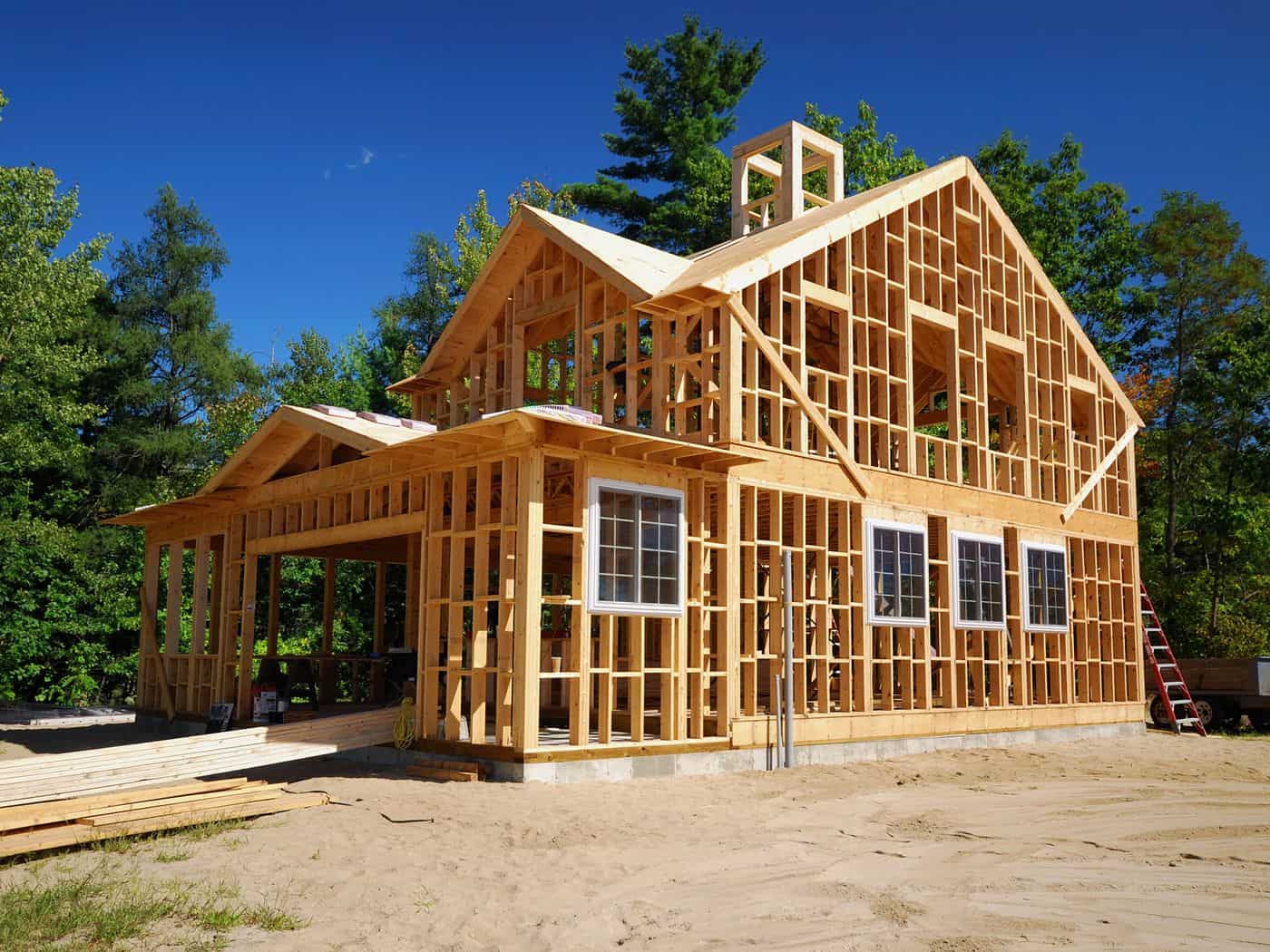
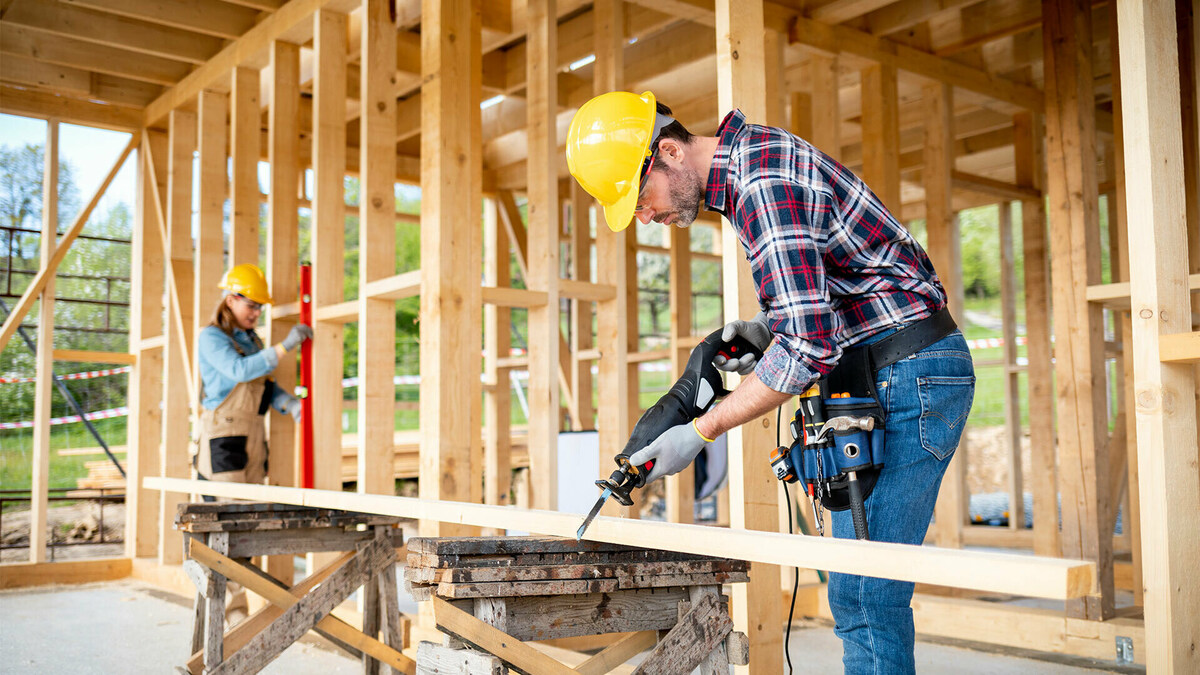

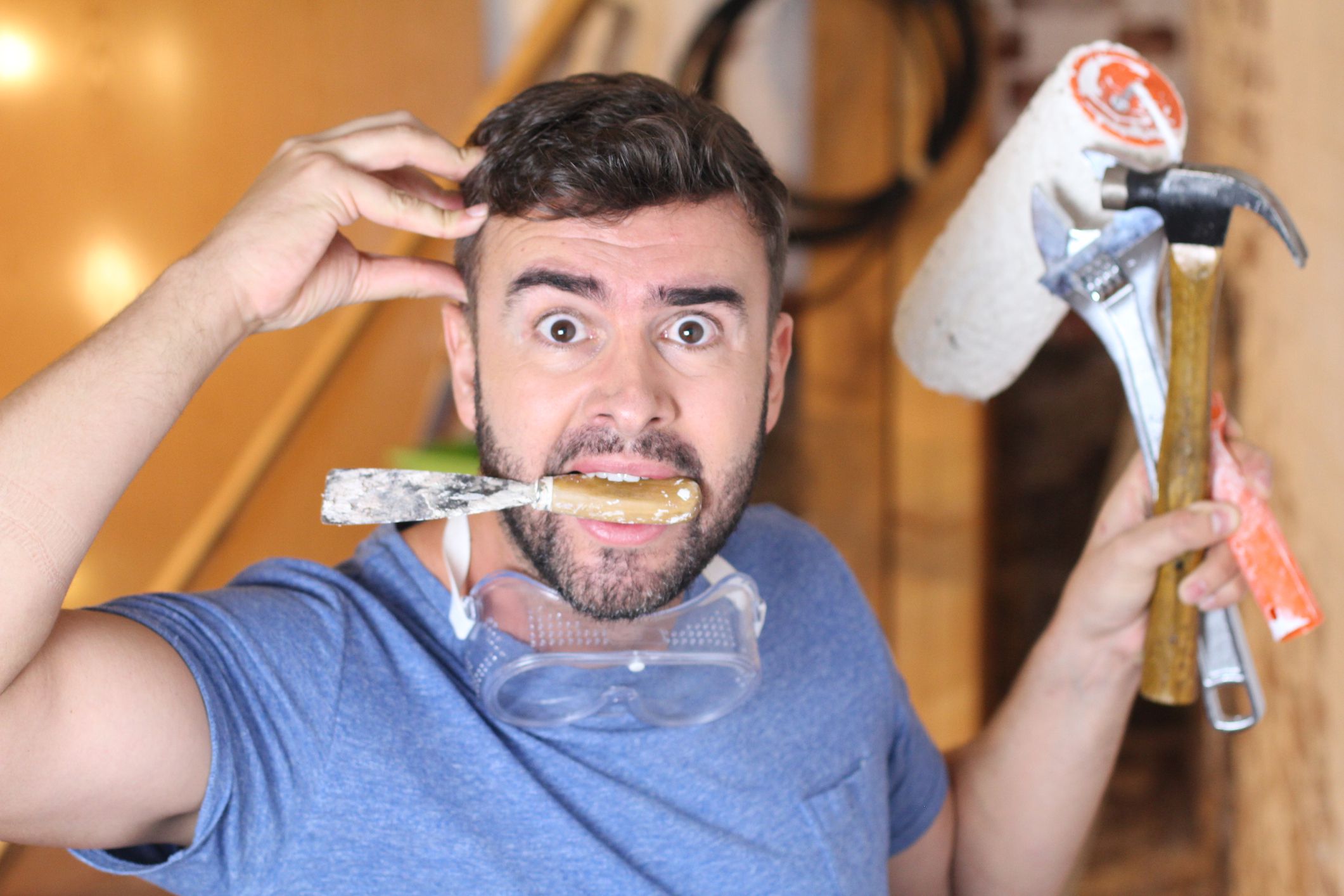
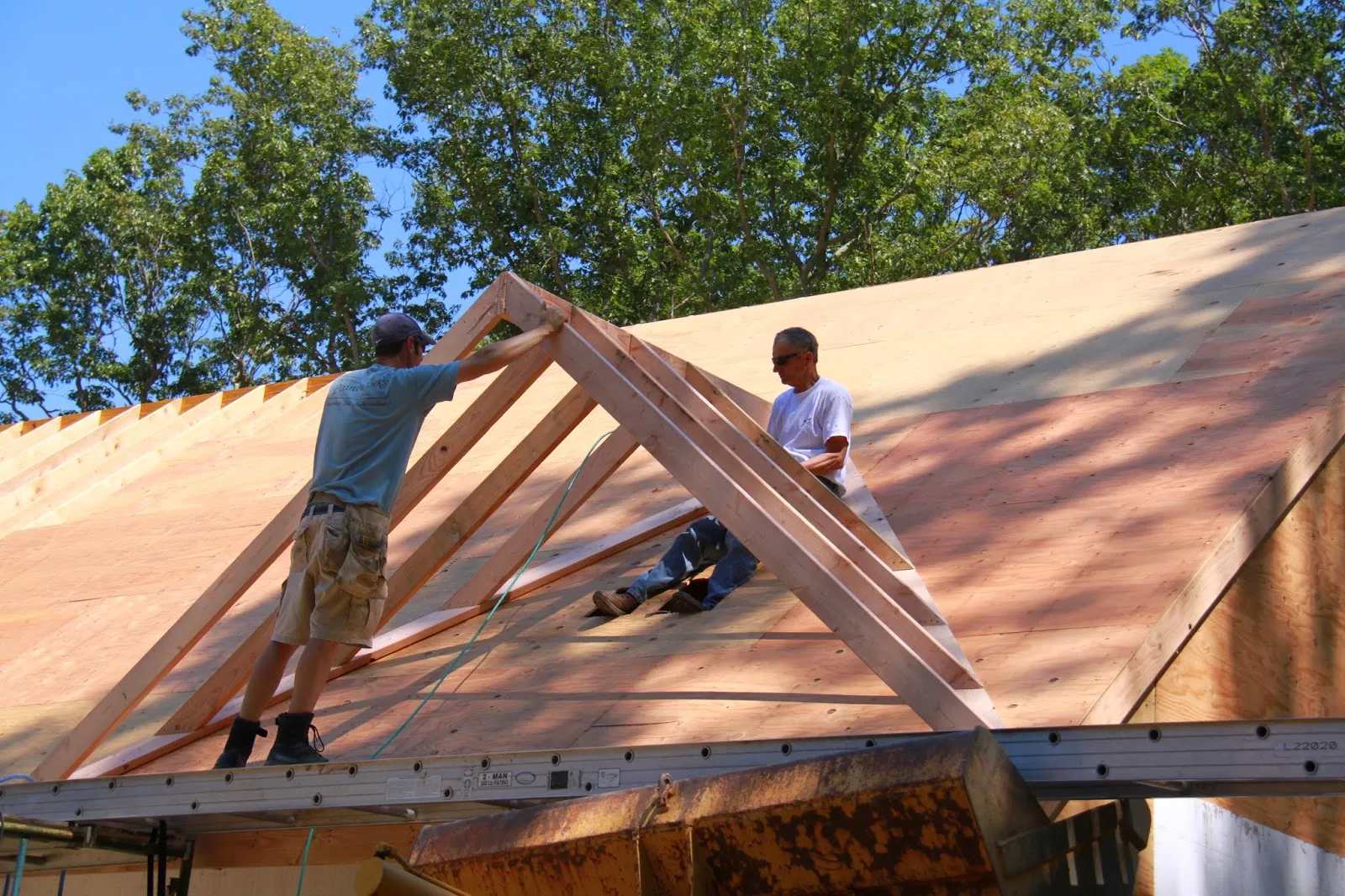

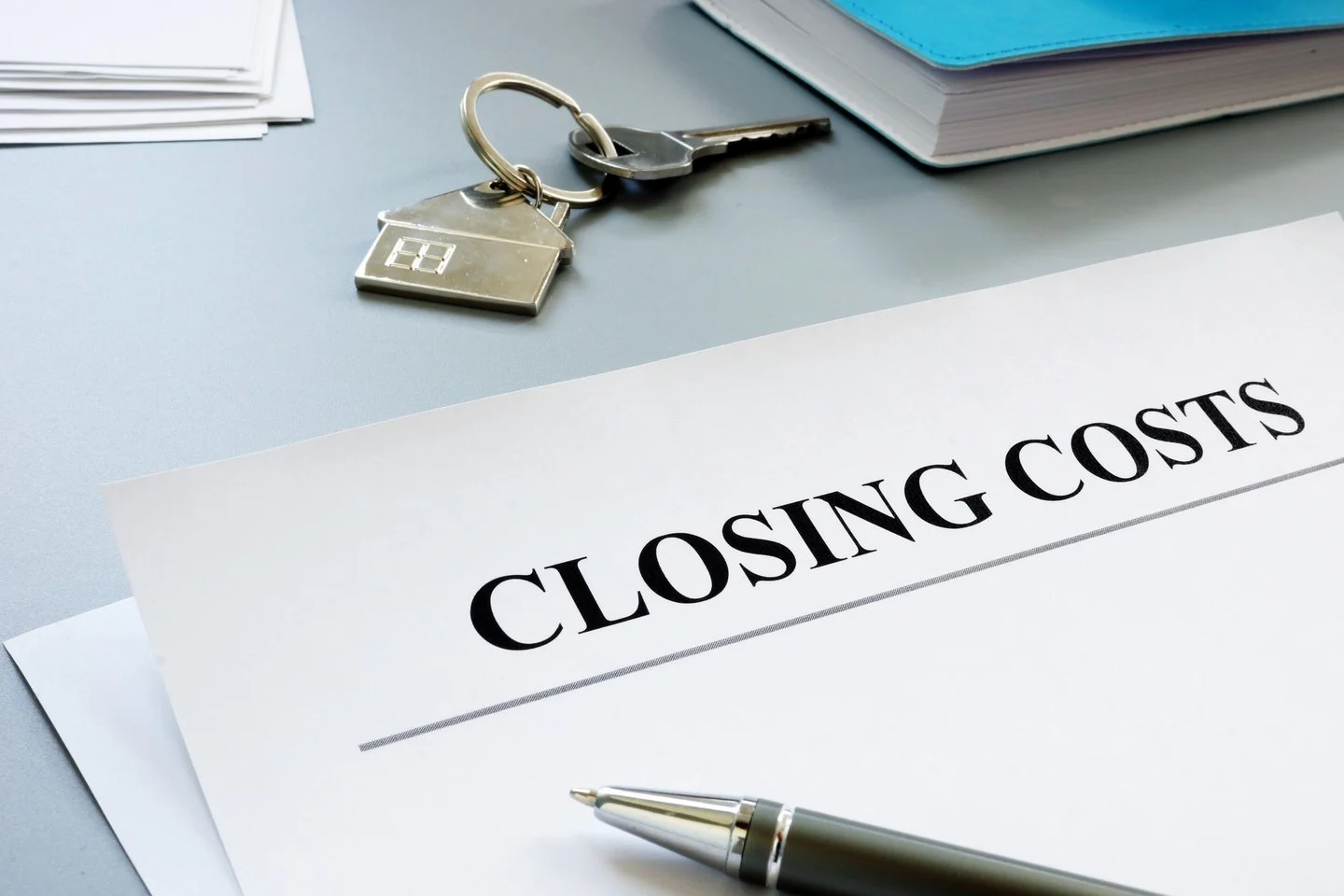

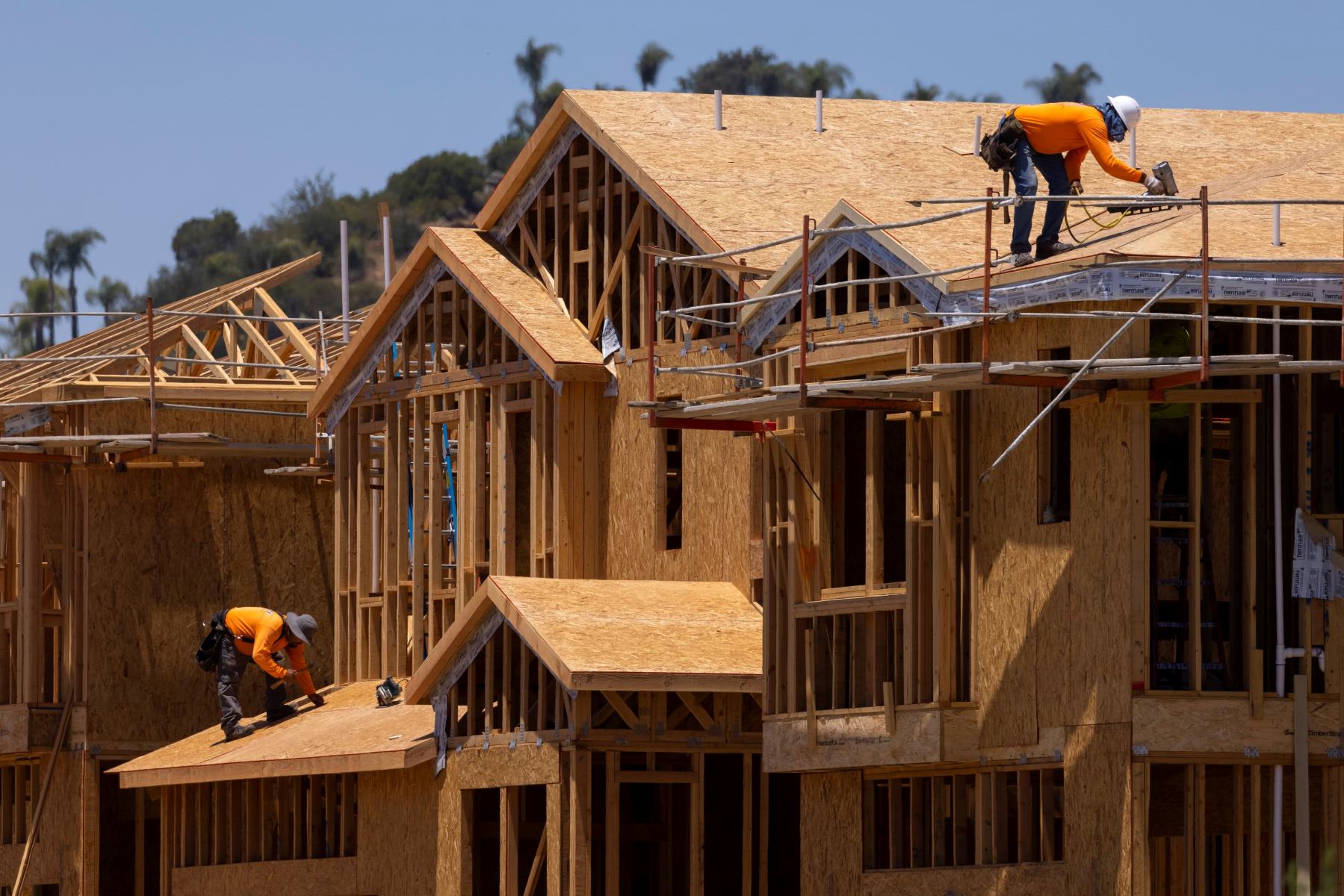
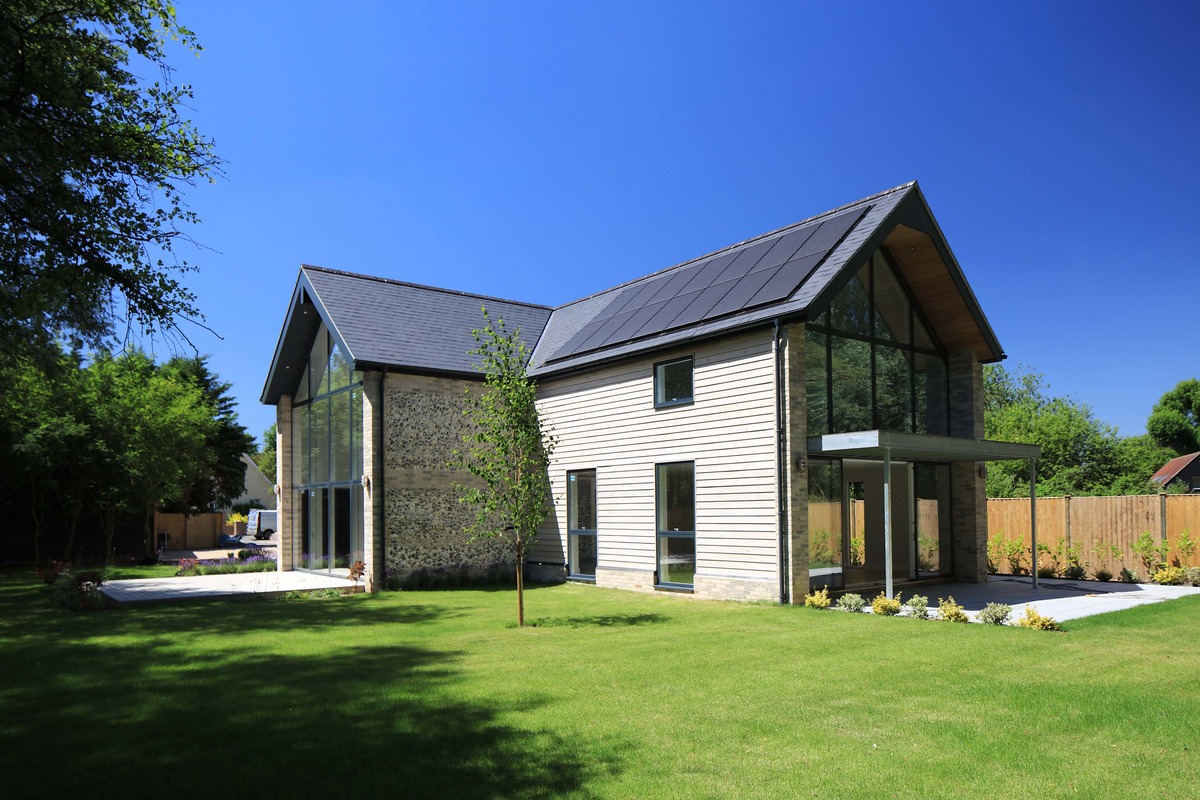
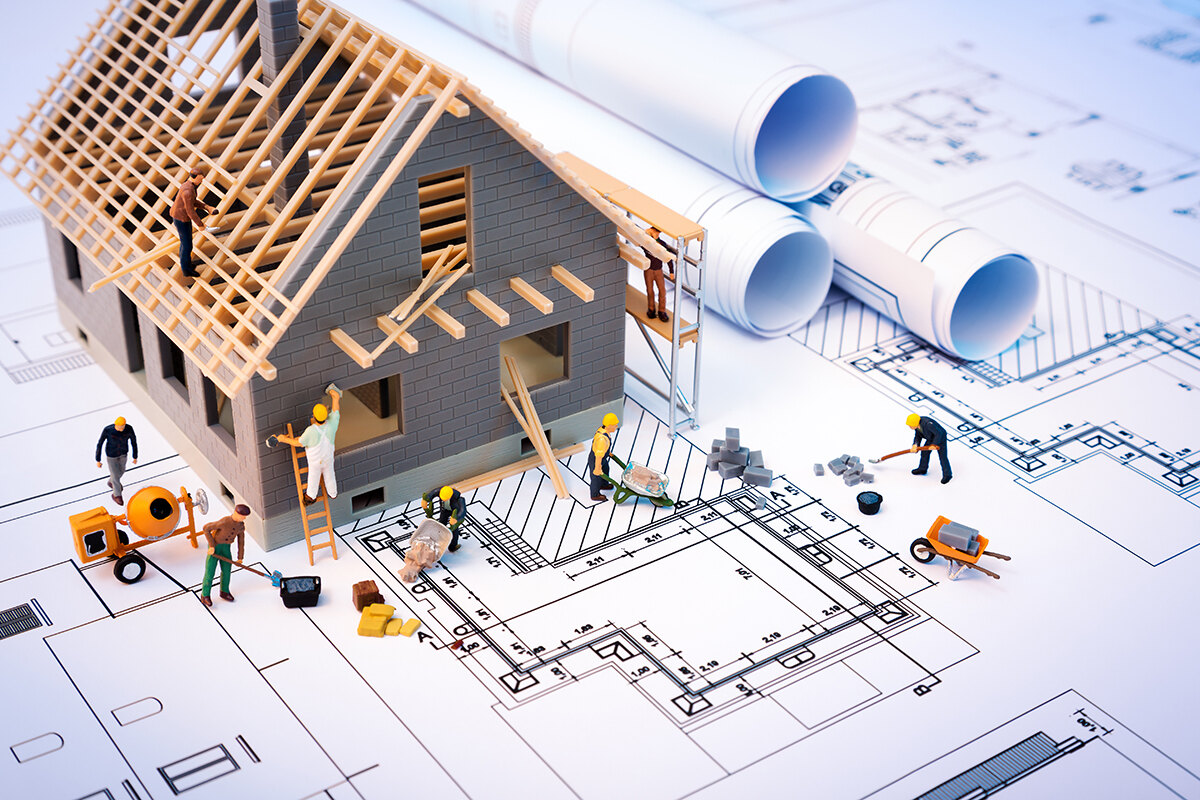
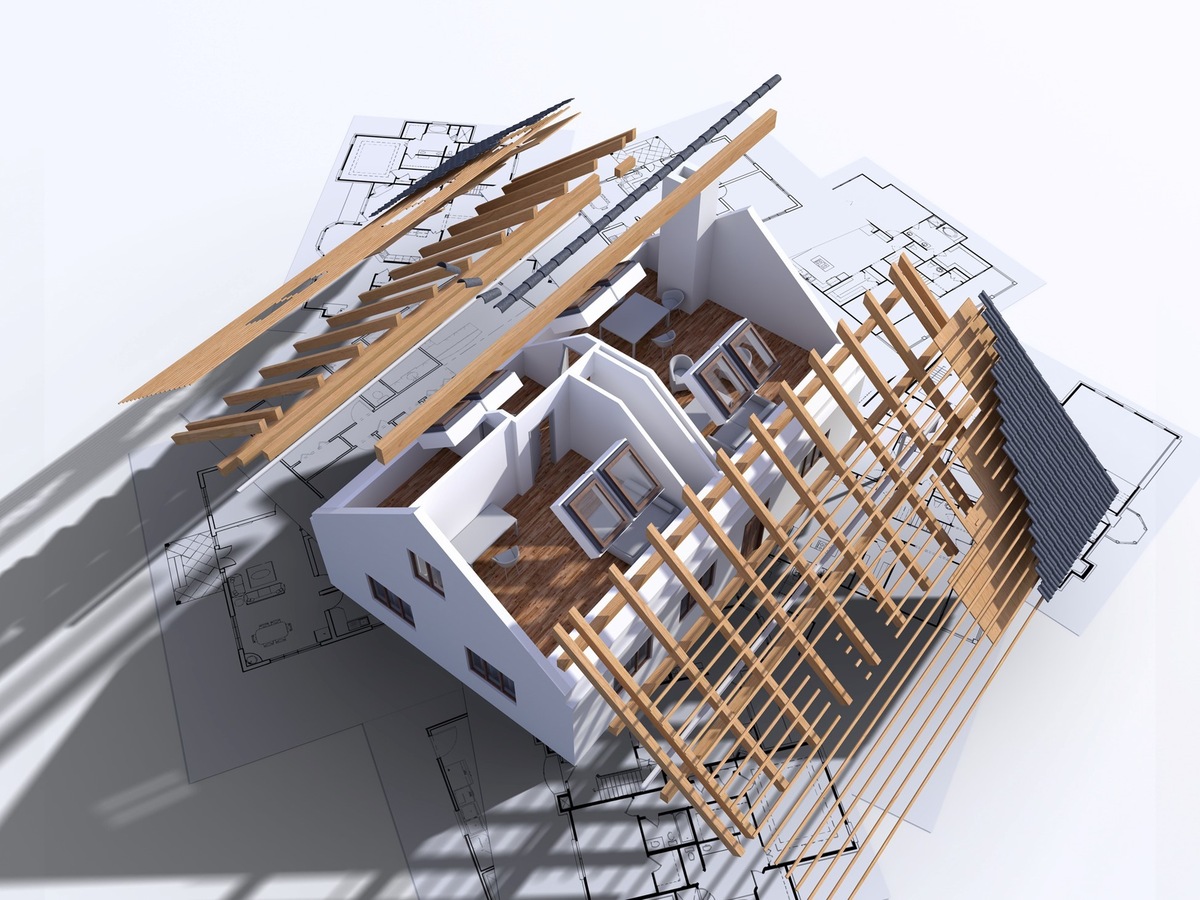
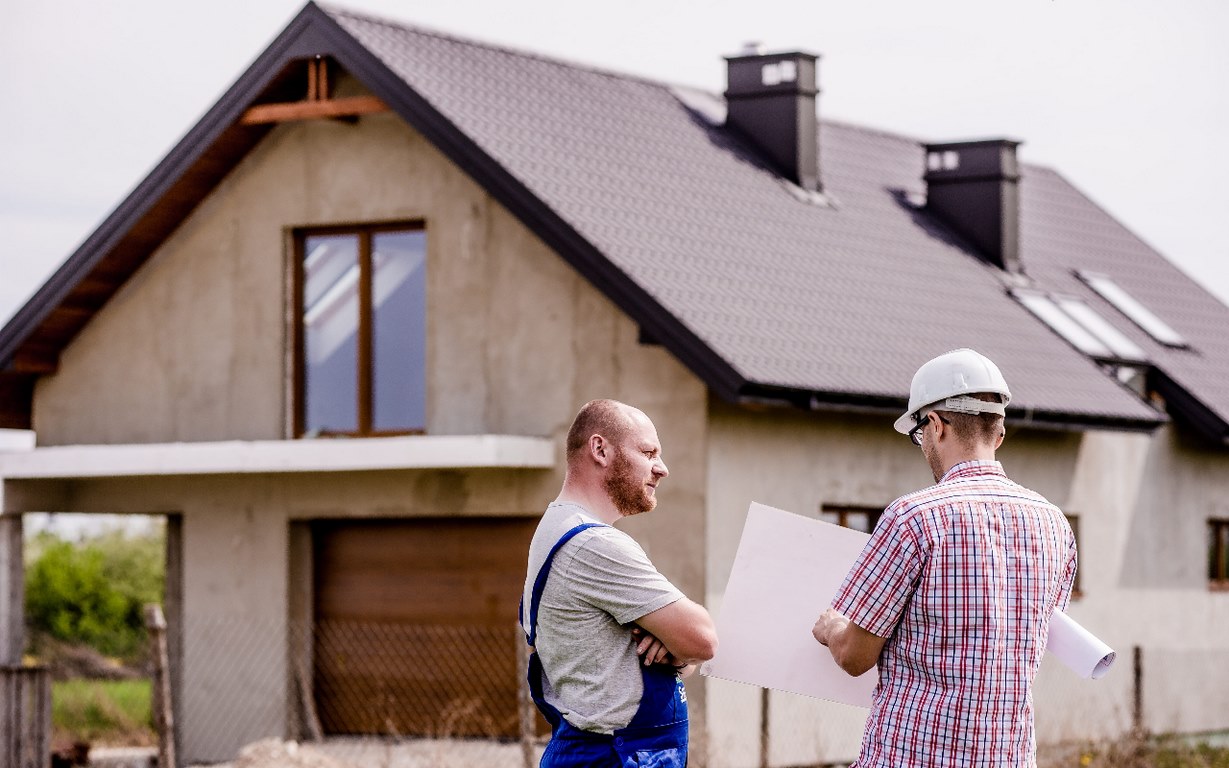

0 thoughts on “What To Ask To A Contractor When Building A House”